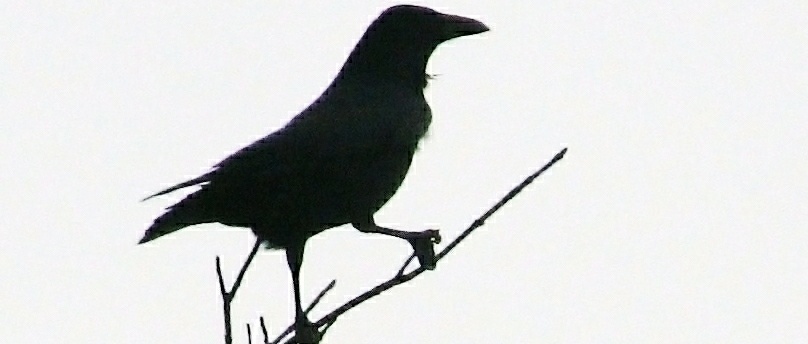That upstart crow.
“for there is an upstart Crow, beautified with our feathers, that with his Tygers hart wrapt in a Players hyde, supposes he is as well able to bombast out a blanke verse as the best of you…”
Robert Greene,Greene’s Groats-Worth of Wit, 1592
William Shakespeare has been dead for 400 years and more, and still his work haunts our betters. It reminds them, constantly, that the greatest writer of his time and since was not one of them. It reminds them that an outsider – a man without the benefits of a university education, or fine breeding – took on the gentry in their art of choice, and proved immeasurably their superior.
Some have refused to accept this, preferring instead to take refuge in denial. They raise high the standard of the ‘authorship question’ and claim Shakespeare for their own, attributing his work to the Earl of Oxford or Derby, or to some other suitable knight of the realm. They look for an author who provides for a more palatable past, a safe shelter from the bubble-pricking reality that a grammar school boy really could write that well.
Less obviously explicable is the re-emergence of this behaviour among the new elite, the adoption by meritocrats of their hierarchist predecessors’ cause. Their latest effort to explain away Shakespeare’s authorship is a classic of its genre. It could almost have been drawn from the notes of a 19th century theorist. The proposed candidate is, of course, an aristocrat. Someone well-educated. Who moved in the right circles. Who had the right upbringing.
Where this theory departs from the old — and nods to the social beliefs of the new — is in its selection of a candidate who was “a dark-skinned Jewish woman”1 . A candidate who stares across from the 16th century, and reflects back at us the features of our modern day demography.
It is in our nature to want to see ourselves within people we admire. Both groups of ‘questioners’ are moved by the same motivating force: they wish to see the author of Othello and King Lear as somehow one of their own. And on its own, fantasising of this sort is of very little consequence — the result of narrative thinkers overfitting theories that explain every quirk within a life, rather than accepting that reality does not always present us with neatly ordered stories.
But it is hard to shake the feeling that, underlying everything else, is a less worthy motivation. That rather than a longing for Shakespeare to have been one of us, it is driven more by a pointed desire that he not have been one of them.
So much of the ‘authorship question’ is bound up in rotten assumptions: that to be uneducated is to be unintelligent, and that to be lower class is to be uncultured. Left standing, Shakespeare demonstrates their essential falsehood. He forces those who hold them to confront their beliefs about where talent may come from, and where merit is found.
By claiming him as their own, the questioners rid themselves of this source of doubt. The ‘authorship question’ affirms their moral, cultural, and intellectual superiority over those below them in the hierarchy. And to the extent that the it does so, it is far from harmless.
Header image courtesy of ufopilot, used under a Creative Commons license.
- It is, for the record, rather more plausible that she was only one of these things than that she was the author of Hamlet.
